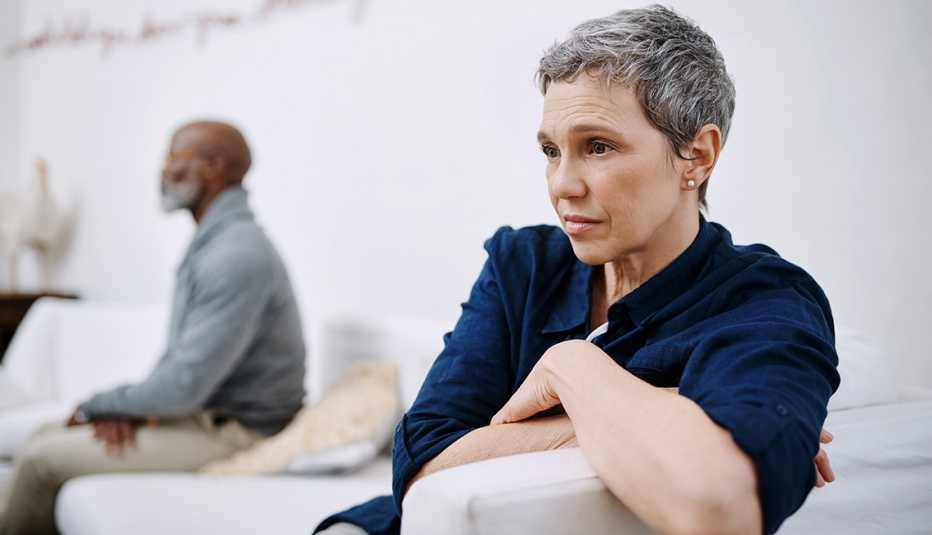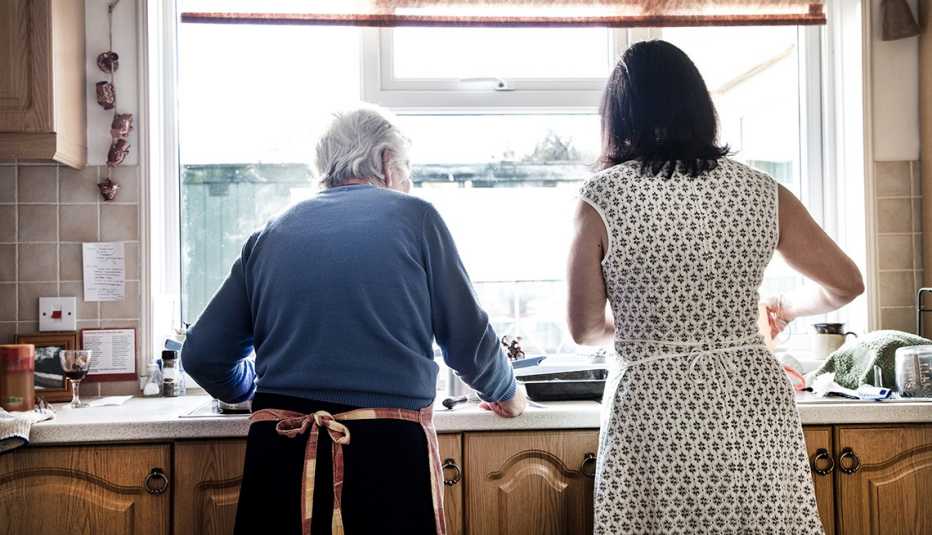Staying Fit
During the week after Sam, a 60-year-old, African American former client of mine, was diagnosed with a recurrence of colon cancer, his wife and two adult daughters quickly changed their work schedules to drive him to the hospital for the multiple rounds of chemotherapy he'd need. Sam's three nephews stopped by to watch football with him and cheer him up. A group of congregants from the family's church came by the house after Sunday services to pray with him. Neighbors dropped off meals.
I've seen other families and communities rally around an ill friend or family member, especially in the early stages before fatigue sets in and they drift back to their own lives. But Sam's network of support stuck with him over months that stretched into years as his cancer spread. He didn't have a lot of money but was rich with caring people. They surely felt tested at times by Sam's caregiving needs and glum moods, but most hung in there, proceeding in workmanlike fashion without complaint as if linked in the belief that “this is what kin do."


AARP Membership— $12 for your first year when you sign up for Automatic Renewal
Get instant access to members-only products and hundreds of discounts, a free second membership, and a subscription to AARP the Magazine.
According to an AARP/National Alliance for Caregiving May 2020 fact sheet on “The ‘Typical’ African American Caregiver,” based on research conducted for the Caregiving in the U.S. 2020 report, African Americans often have more burdensome caregiving situations than their non-Hispanic white or Asian caregiver counterparts. They also tend to be younger, are often unmarried, have poorer health, and frequently have to balance caregiving with full-time jobs.
This profile would suggest that African American caregivers should be highly stressed. But other research over the past 20 years has found they cope better with caregiving than white caregivers. For instance, a 2020 metanalysis by Liu, Badana and others, published in the journal The Gerontologist, found that African American dementia caregivers had somewhat better psychological well-being than white dementia caregivers. The authors offered several possible reasons, including the expectation among African Americans that family and community members will look out for one another and their relatively greater commitment to religious practices and values.
Research is about generalities; there are many individual African American caregivers who are struggling and many white ones who are thriving. But, on the occasion of Black History Month, it is still worth reflecting whether there are lessons to be learned from Sam, his family and community members, and others that could help family caregivers of all races and cultures. As a white former caregiver, I'm an outside observer who is no expert on the African American community. Here are a couple ideas, though, to at least consider:
It takes a village
Many caregivers are hard pressed to keep together even a small team of immediate family members who are agreeable to contributing. When those few later disappear, the entire crushing weight lands on the primary caregivers’ shoulders. How does it happen then that, for many African American caregivers, that load is lightened through sharing it with immediate family and beyond to extended family and community members?



































































